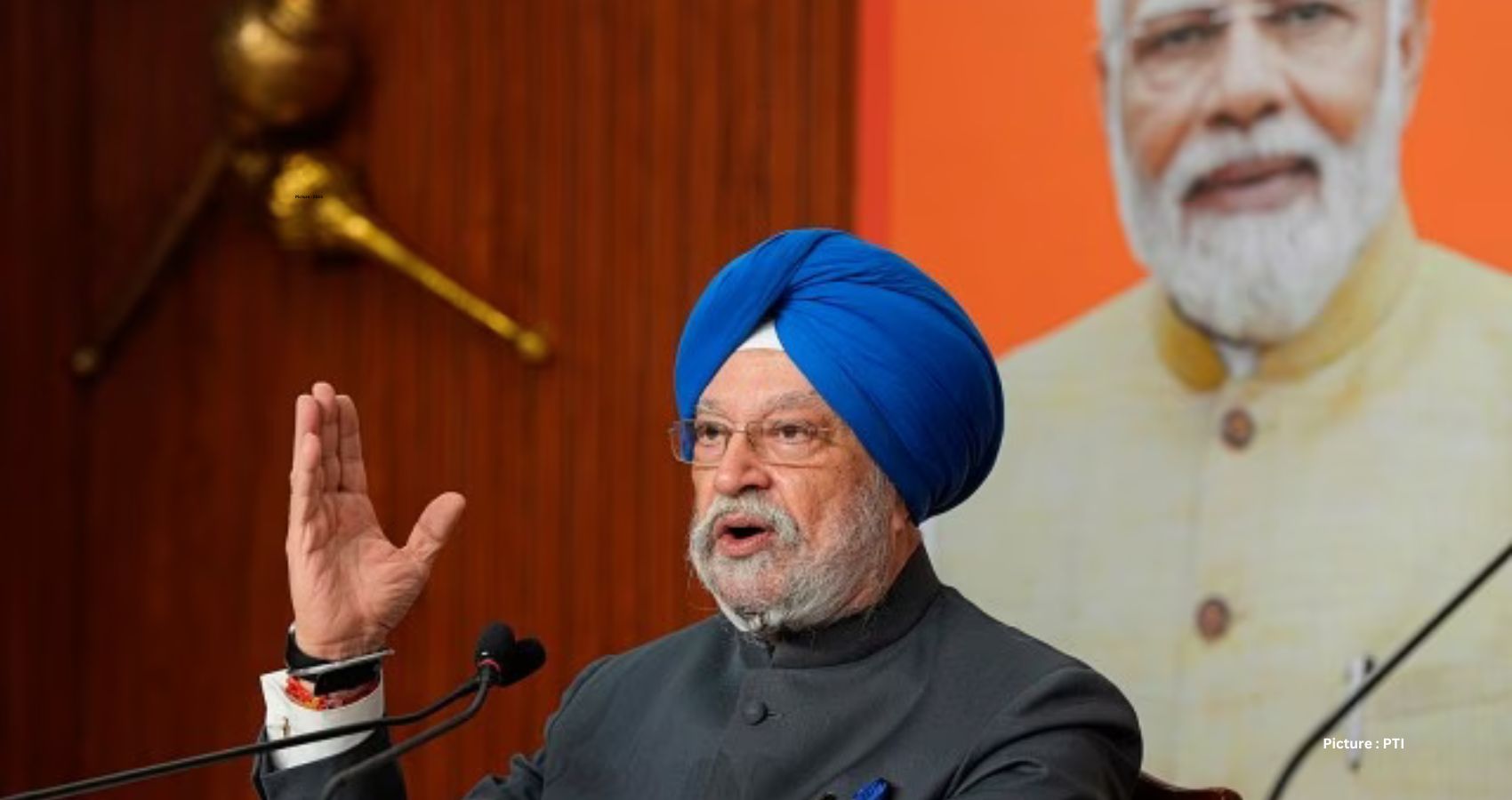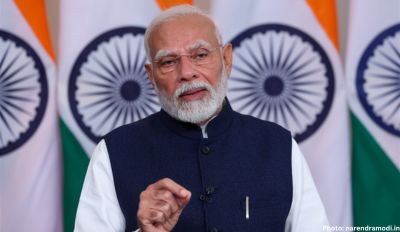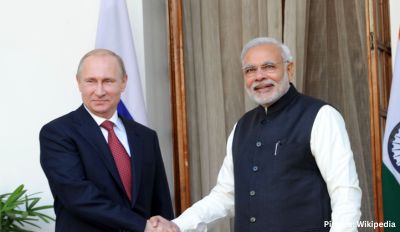India’s Petroleum Minister, Hardeep Singh Puri, announced that India is set to resume crude oil imports from Venezuela after a three-year hiatus, citing the readiness of several Indian refineries to process heavy crudes. With the United States easing sanctions on Caracas in October, Puri emphasized that India, as a major global consumer of crude oil, is open to purchasing oil from any country not under sanctions.
Puri stated, “Many of our refineries, including (IOC’s) Paradip (refinery), are capable of using that heavy Venezuelan oil, and we will buy…We always buy from Venezuela. It’s when Venezuela came under sanctions that they were not able to supply.” This move comes as at least three Indian refiners—Reliance Industries (RIL), Indian Oil Corporation (IOC), and HPCL-Mittal Energy (HMEL)—have reportedly booked Venezuelan oil cargoes, expected to arrive in India over the next few months. Bharat Petroleum Corporation (BPCL) is also exploring the possibility of resuming oil imports from Venezuela.
India, specifically private sector refiners RIL and Nayara Energy (NEL), was a regular buyer of Venezuelan crude before the imposition of US sanctions in 2019, which led to a cessation of oil imports from Venezuela. According to data from commodity market analytics firm Kpler, the last time India imported Venezuelan crude was in November 2020. In 2019, Venezuela was India’s fifth-largest oil supplier, contributing nearly 16 million tonnes of crude, valued at $5.70 billion, according to India’s official trade data.
With Washington easing sanctions on Venezuela’s oil sector in October, allowing unlimited oil exports for six months, India is looking to capitalize on the opportunity. Venezuela, a member of the Organization of the Petroleum Exporting Countries (OPEC) and possessing the world’s largest proven oil reserves, is keen to expand its crude sales in major markets. India, being the world’s third-largest consumer of crude oil and heavily reliant on imports to meet over 85 percent of its demand, remains committed to procuring oil from cost-effective sources amid the volatile global oil markets.
The recent developments also shed light on Venezuela’s strategy to offer substantial discounts to Chinese independent refiners, historically its primary buyers during the sanctions. However, reports suggest that these discounts have narrowed in recent weeks due to the easing of sanctions and the interest of other buyers in acquiring Venezuelan oil. Caracas appears motivated to diversify its crude sales by extending discounts to attract buyers in other major markets.











